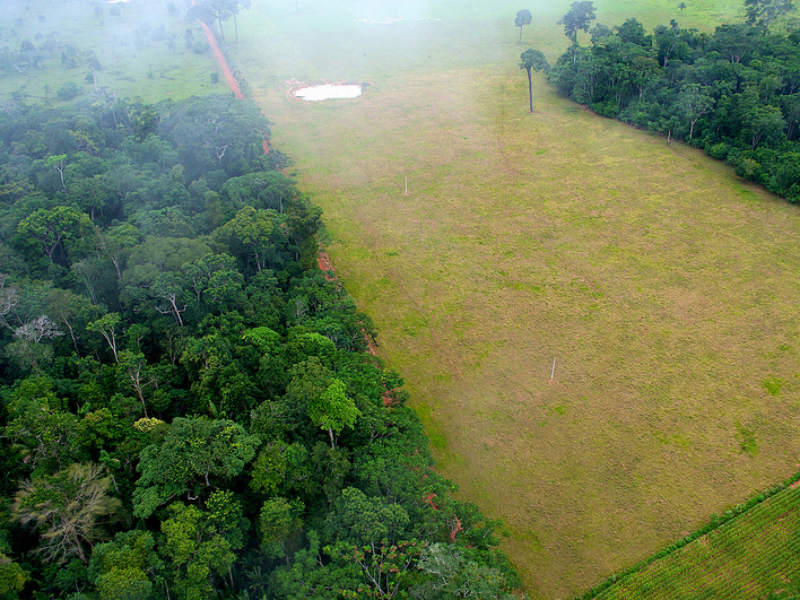In the realm of environmental policy, California stands at the forefront as a pioneer in the fight against global deforestation. With the looming threat of climate change and the pressing need for sustainable solutions, the state is now considering expanding its cap-and-trade program to include measures aimed at preventing the destruction of the world’s rainforests.
The Challenge of Global Deforestation
The Amazon rainforest, often referred to as the “lungs of the Earth,” plays a crucial role in regulating the planet’s climate. Deforestation, driven by factors such as logging, agriculture, and urbanization, poses a significant threat to the delicate balance of our ecosystem. The loss of these vital forests not only contributes to the release of greenhouse gases but also diminishes biodiversity and disrupts indigenous communities that rely on these resources for their livelihoods.
The Role of Cap and Trade
Cap-and-trade is a market-based approach to reducing greenhouse gas emissions. Under this system, companies are allocated a certain number of emissions permits, with the total number capped to ensure overall reductions. Companies that emit below their allotted limit can trade or sell their excess permits to those exceeding their cap, creating a financial incentive for emissions reductions.
Expanding Cap and Trade in California
California’s existing cap-and-trade program focuses on carbon emissions within the state, but there is a growing push to expand its scope to address emissions associated with deforestation in other regions. By including international forestry offsets, California could incentivize investments in projects that protect and restore tropical forests around the world, effectively extending its environmental impact beyond its borders.
The Benefits of Forest Offsets
Forest offsets have the potential to deliver significant climate benefits, as healthy forests act as carbon sinks, absorbing and storing vast amounts of carbon dioxide from the atmosphere. By promoting forest conservation and restoration projects, California could not only mitigate its own emissions but also contribute to global efforts to combat climate change at a much larger scale.
Challenges and Criticisms
While the idea of expanding cap-and-trade to include forest offsets holds promise, there are also challenges and criticisms to consider. Critics argue that the effectiveness of such offsets is difficult to measure and verify, raising concerns about the potential for greenwashing and the displacement of emissions rather than genuine reductions. Ensuring the integrity and transparency of offset projects will be crucial in determining their credibility and impact.
If California decides to move forward with expanding cap-and-trade to address global deforestation, it could set a precedent for other states and nations to follow suit. By integrating forest offsets into its climate policy framework, California has the opportunity to not only advance its environmental goals but also influence broader international efforts to combat deforestation and climate change. The stakes are high, but the potential rewards for the planet’s health and well-being are even greater.

